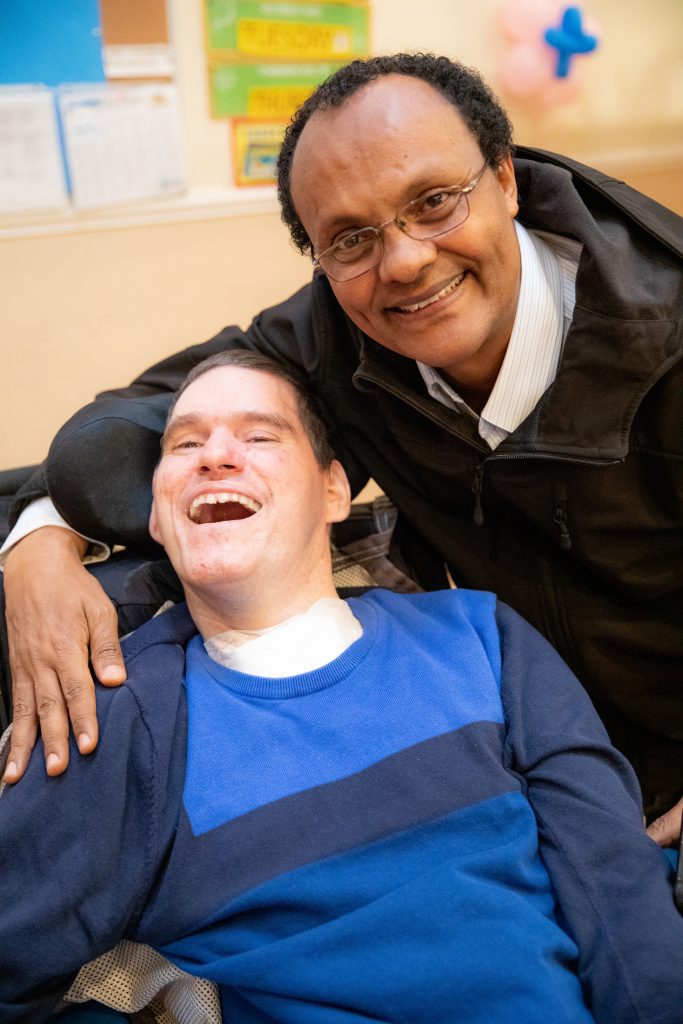What is a Developmental Disability?

What is I/DD?
The term I/DD stands for intellectual and developmental disabilities. These types of disabilities usually occur during childhood/the development stage.
According to the Department of Developmental Services (DDS), a developmental disability is a disability caused by mental or physical impairment, begins before the 18th birthday, is expected to continue indefinitely, and presents a substantial disability in 3 life areas. It can impact one’s physical, learning, language, or behavior abilities.
Some types developmental disabilities are:
- Autism
- Cerebral Palsy
- Epilepsy
- ADHD
- Intellectual Disability
- Learning Disability
Living with a Developmental Disability
Even though those living with developmental disabilities may experience impairments throughout their lives, it doesn’t mean that they cannot live a healthy and fulfilling life. In order to promote a healthy life, maintaining a balanced diet, moving the body, and engaging in physical activity is important.
Aside from staying healthy and active, there are many day programs that are made for individuals with I/DD that help them get involved in the community and develop independence and social skills. LSA offers a day program for developmentally disabled adults called the Community Integration Program (CITP). LSA also offers community living with 15 homes throughout Santa Clara County. These homes are a nurturing and safe environment where residents can grow and thrive.
Being Inclusive to People with Developmental Disabilities
People with developmental disabilities are one of the most overlooked populations by society. It is really easy to be inclusive to those with I/DD by simply saying hello and getting to know them.
You will find out right away that these individuals are just like everyone else – they hold desires, dislikes, passions, dreams, and want to live a fulfilling life. You will find that people with I/DD are truly inspirational and that they have accomplished obstacles through daily life that neurotypical individuals often don’t have to think about. They have amazing life stories. By being open-minded, aware, and supportive, we can grow to a more neurodiverse and inclusive environment for those with I/DD.
Do You Like These Blogs & Updates?
Follow us on social media
References:
